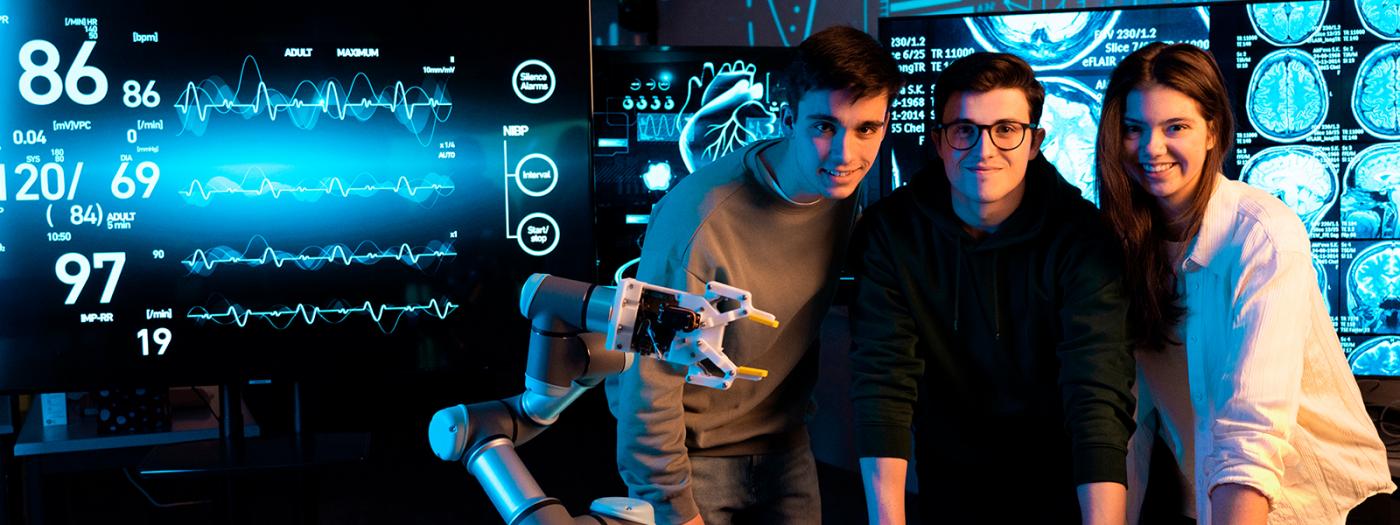The Clinical Decision Support Systems (CDSS) course provides students with a comprehensive understanding of how technologies can facilitate decision-making in healthcare. Throughout the course, the fundamentals, components, and types of CDSS are explored, from rule-based systems to advanced solutions using artificial intelligence. The course delves into the analysis of clinical data, the cognitive processes involved in medical decision-making, and the ethical and legal implications of using these systems. The focus is primarily on their application in diagnostic, therapeutic, and prognostic support, equipping students to evaluate, design, and implement tools that improve clinical accuracy and healthcare efficiency.
No prior knowledge is required.
Students acquire the following knowledge and develop the following skills:
1. Understand the fundamental principles of clinical decision support systems, including their architecture, functionality, and applications in the healthcare environment.
2. Analyze the different types of associated technologies, such as rule-based systems, probabilistic models, and artificial intelligence techniques.
3. Reflect on the ethical, legal, and organizational aspects related to the development and implementation of information systems for decision-making in clinical practice.
Definition, objectives, evolution, and benefits of clinical decision support systems (CDSS)
Types of CDSS: rule-based systems, artificial intelligence, and probabilistic models
Functioning of a CDSS: technical components and integration with electronic health records
Clinical decision-making processes and the factors that influence them
Clinical applications of CDSS in diagnosis, treatment, safety, and hospital management
Evaluation and validation of CDSS performance in real-world settings
Ethical, legal, and professional acceptance aspects of CDSS
Future trends: big data, deep learning, and personalized medicine in CDSS
The subject of Clinical Decision Support Systems is taught using a combination of teaching methodologies: from lectures to convey the fundamental theoretical concepts of the course, to practical sessions where challenges related to decision-making in the clinical setting are presented. Activities related to the development of a project in the field will also be conducted, to be solved individually or in groups.
Check the electronic folder for the course.
Check the electronic folder for the course.
Check the electronic folder for the course.
Check the electronic folder for the course.
